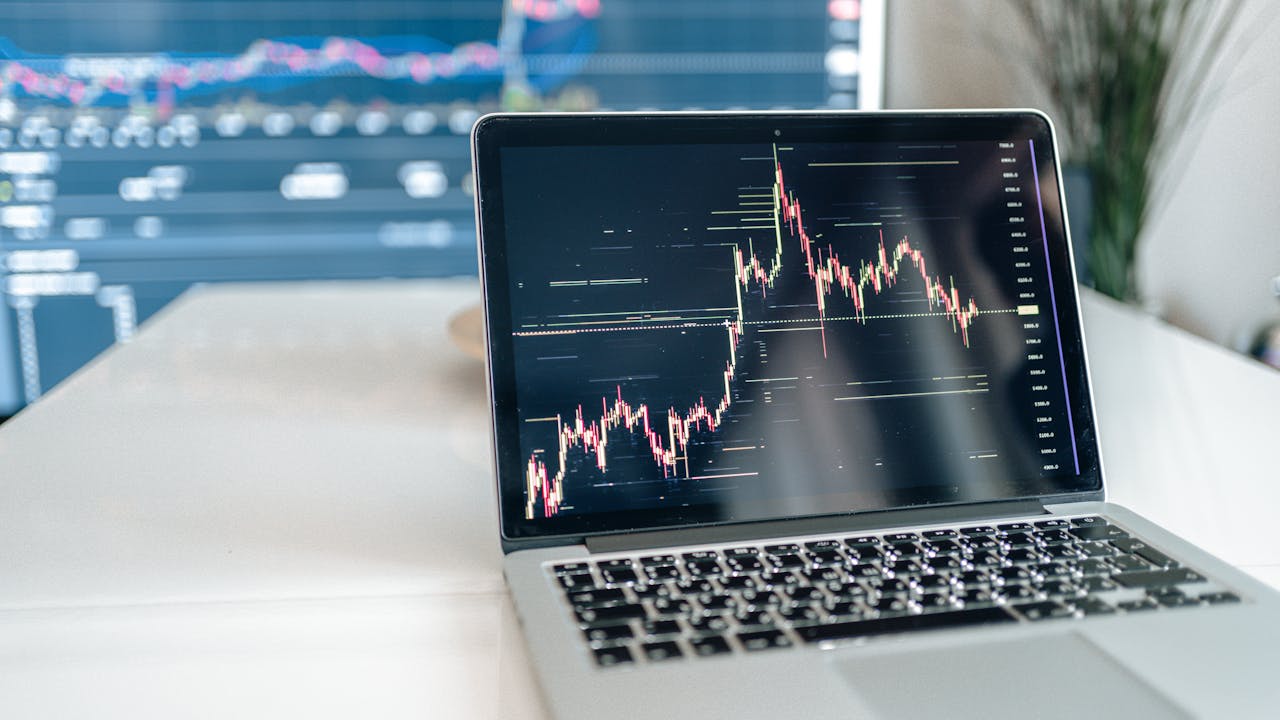Fintech
Finnovista Says Collaboration Between Fintech and Banks Is Growing
Andrés Fontao, the co-founder of Finnovista, assured that there is a generalized appetite in the banking sector to approach the fintech ecosystem Finnovista’s co-founder highlighted that as a result of the pandemic, there have been marked changes in the habits of the population, which seeks to consume digital financial products and services more in line with their new realities.

Andrés Fontao, co-founder of Finnovista, pointed out that more and more banks are opening alternatives to invest in Mexican, regional, and global fintech companies.
A few years ago, when the fintech movement started in the country, there was little collaboration between banks and the fintech ecosystem. However, this has grown over time and today there is more interest in working together.
Read more about Finnovista report on fintech and banks and find the most important business news of the day with the Born2Invest mobile app.
Andrés Fontao, the co-founder of Finnovista, assured that there is a generalized appetite in the banking sector to approach the fintech ecosystem
“They are aware that they cannot innovate alone at the pace of technology and at the pace demanded by their customers. So there is this appetite to collaborate, approaching fintech companies, to together solve key problems in their own business,” he said.
Fontao explained that there are mainly four ways in which banks are collaborating with the fintech universe today.
The first, he said, is by building their own fintech companies, such is the case of Banorte and Banregio, which have already been licensed by the financial authority to operate their own digital banks as of 2024, Bineo and Hey, respectively.
Another way of collaboration, he said, is with greater activity in pilot and proof-of-concept tests.
We are going to try things even if they break, and this also requires a change in the way the banks themselves work; we are going to test, and experiment, to see if we can solve problems through collaboration. This is done through pilots and proofs of concept, and if they are successful, then they are extended and commercial agreements are formed,” he said.
He pointed out that a third way is that there is more and more interest from banks in investing in fintech, through Venture Capital.
“More and more banks are opening investment arms to start investing in Mexican, regional and global fintech companies,” he said.
And a fourth, he added, is through acquisitions. “Every day there are more and more banks that have their eyes already set on fintech, that are acquiring to help them grow their own business and solve business problems,” he said.
He added: “We see those four types of collaborations that are real and that are being experienced today here in Mexico.”
Addressing changes in the population’s habits
Finnovista’s co-founder highlighted that as a result of the pandemic, there have been marked changes in the habits of the population, which seeks to consume digital financial products and services more in line with their new realities.
“These changes have also accelerated innovation, and the banks themselves have become aware of this. In pre-pandemic, there were few who believed in 100% digital business models,” he said.
Finnosummit 2023
Thursday saw the official presentation of the 2023 edition of Finnosummit, a platform for fintech collaboration in Latin America, where entrepreneurs and managers of financial institutions such as banks and investors meet. The event will take place on September 26th and 27th in Mexico City.
Some of the scheduled speakers are: the president of the National Banking and Securities Commission (CNBV), Jesús de la Fuente; the directors of Citibanamex, Manuel Romo; of Nu México, Iván Canales, and of Mercado Pago, Pedro Rivas, to mention just a few.
__
(Featured image by photos71 via Pixabay)
DISCLAIMER: This article was written by a third party contributor and does not reflect the opinion of Born2Invest, its management, staff or its associates. Please review our disclaimer for more information.
This article may include forward-looking statements. These forward-looking statements generally are identified by the words “believe,” “project,” “estimate,” “become,” “plan,” “will,” and similar expressions. These forward-looking statements involve known and unknown risks as well as uncertainties, including those discussed in the following cautionary statements and elsewhere in this article and on this site. Although the Company may believe that its expectations are based on reasonable assumptions, the actual results that the Company may achieve may differ materially from any forward-looking statements, which reflect the opinions of the management of the Company only as of the date hereof. Additionally, please make sure to read these important disclosures.
First published in EL ECONOMISTA. A third-party contributor translated and adapted the article from the original. In case of discrepancy, the original will prevail.
Although we made reasonable efforts to provide accurate translations, some parts may be incorrect. Born2Invest assumes no responsibility for errors, omissions or ambiguities in the translations provided on this website. Any person or entity relying on translated content does so at their own risk. Born2Invest is not responsible for losses caused by such reliance on the accuracy or reliability of translated information. If you wish to report an error or inaccuracy in the translation, we encourage you to contact us.

-

 Crypto2 weeks ago
Crypto2 weeks agoXRP vs. Litecoin: The Race for the Next Crypto ETF Heats Up
-

 Crypto1 day ago
Crypto1 day agoCrypto Markets Surge on Inflation Optimism and Rate Cut Hopes
-

 Biotech1 week ago
Biotech1 week agoSpain Invests €126.9M in Groundbreaking EU Health Innovation Project Med4Cure
-

 Biotech4 days ago
Biotech4 days agoAdvancing Sarcoma Treatment: CAR-T Cell Therapy Offers Hope for Rare Tumors

























